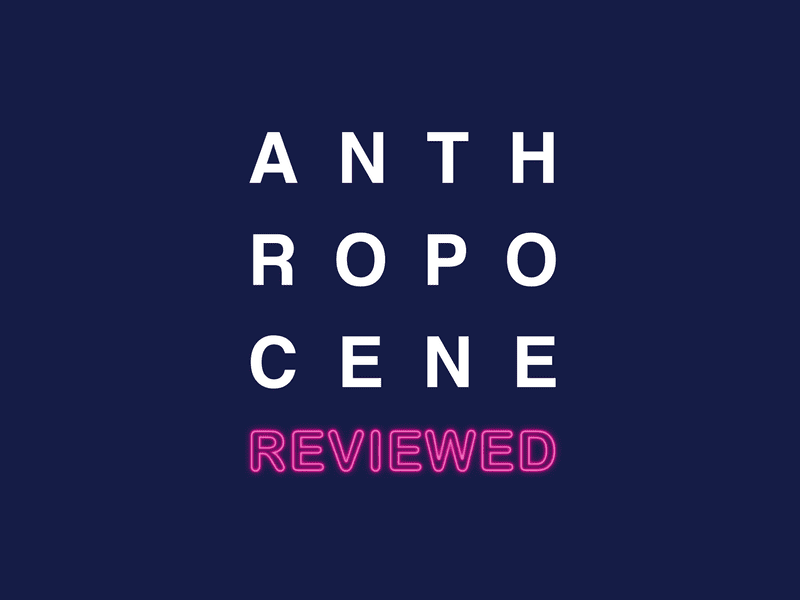Everyday Transcendence, Inside, The Anthropocene Reviewed
Office Hours
Everyday Transcendence
Wendell Berry once commented on the temptation to refer to the human body under the metaphor of a machine. Berry was concerned about the tendency of contemporary medicine to view the body and its relationship to the world as an interlocking set of complex mechanisms: the heart, for instance, is no longer the center of emotion and volition—it is rather a pump; eating is not a liturgy involving community and tradition—it is rather nutrition, the taking in and processing of fuel; and so on.
In short, as Berry observes, the body is reduced to "a machine for living and working," and the mind, in its turn, is reduced to "a machine for thinking."
There's much to be said about this reduction to mechanism, and for that I refer you to the whole of Berry's insightful talk, "Health is Membership."
I'm interested, however, in the implications of one small dimension of Berry's critique.
Concerning the limits of the mechanical metaphor for the body, Berry writes:
A metaphor must be controlled by a sort of humorous intelligence, always mindful of the exact limits within which the comparison is meaningful. ... Of course, the body in most ways is not at all like a machine. Like all living creatures and unlike a machine, the body is not formally self-contained; its boundaries and outlines are not so exactly fixed. The body alone is not, properly speaking, a body. Divided from its sources of air, food, drink, clothing, shelter, and companionship, a body is, properly speaking, a cadaver, whereas a machine by itself, shut down or out of fuel, is still a machine.
The word transcendence comes from the Latin trans-, meaning "across, beyond," and scandare, meaning "to climb."
When we think of "transcendence" (if we do at all), we usually assign it a sort of vague, semi-spiritual valence. The body, in its immediacy and its limitations, seems to be confined to the "here and now." By contrast, the soul (or spirit, or mind) is free to wander in thought and imagination, "transcending" the stubborn confines of matter.
The genius of Berry's distinction between body and machine lies in his observation that the living body is characterized by transcendence, i.e., it would not be a body at all were it not always and at the same time more than a body.
That is to say, what makes a living body different from a machine is that the body is always surpassing itself, is always "reaching out," is always transcending its finite edges and contours in order to establish, affect, and be nourished by its relationship to the environment.
Transcendence is not the special religious accomplishment of the spiritual elite; it is the constitutive characteristic of the human being as such, soul and body.
To be is to transcend, in a relationship of dependency and agency, of receiving and giving, of shaping and being shaped.
To be is always to be more than mere self.
Recommended Reading
Inside
How something is made flesh
no one can say. The buffalo soup
becomes a woman
who sings every day to her horses
or summons another to her private body
saying come, touch, this is how
it begins, the path of a newly born
who, salvaged from other lives and worlds,
will grow to become a woman, a man,
with a heart that never rests,
and the gathered berries,
the wild grapes
enter the body,
human wine
which can love,
where nothing created is wasted;
the swallowed grain
takes you through the dreams
of another night,
the deer meat becomes hands
strong enough to work.
But I love most
the white-haired creature
eating green leaves;
the sun shines there
swallowed, showing in her face
taking in all the light,
and in the end
when the shadow from the ground
enters the body and remains,
in the end, you might say,
This is myself
still unknown, still a mystery.
"Inside," by Linda Hogan
Rounding the Human Corners (2008)
Cultural Event
The Anthropocene Reviewed

Here's the idea behind The Anthropocene Reviewed: take some facet of our human-centered planet (the "anthropocene"), and review it on a five-star scale.
The host of the podcast, best-selling author John Green, reviews everything from the QWERTY keyboard to hot dog eating contests to humanity's capacity to wonder.
My favorite is the inaugural episode, in which John reviews Canada geese and Diet Dr. Pepper. (The review of a 17,000 year-old cave painting paired with the Taco Bell breakfast menu comes in at a close second...)
Will This Be on the Exam? Newsletter
Join the newsletter to receive the latest updates in your inbox.
